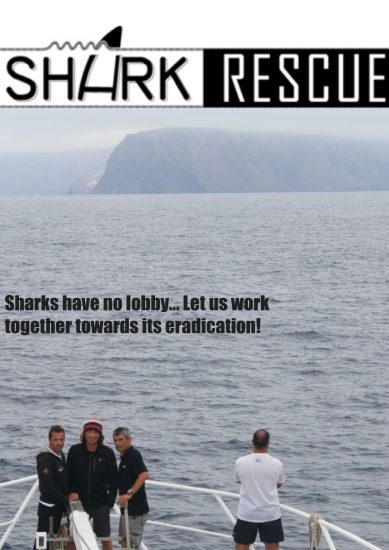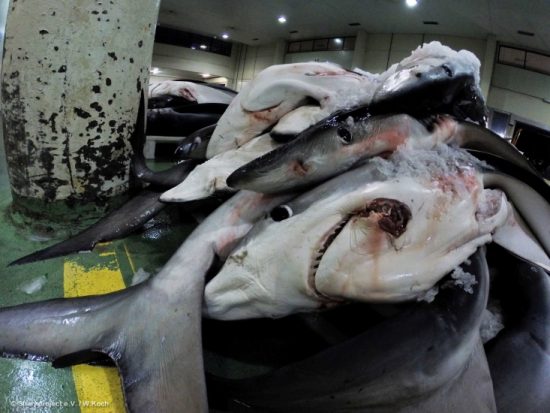“If sharks die, life on earth will also perish.” An Austrian team led by freediver Christian Redl and musician/diver Wolfgang Frühwirth aims to produce a movie entitled Shark Rescue depicting one of the largest ecological time bombs of our time.
Currently, the project is actively seeking supporters through crowdfunding.
About 70 to 100 million sharks worldwide are killed every year. In many aspects, this is a crime – a crime against a highly intelligent and misinterpreted species, as well as a crime against our future generations.
The team has set out to uncover the mechanics of an international economy and the outrageous prejudices surrounding a "harmless large carnivore in the world" in this uplifting production.
The film shows how the illegal shark fin trade makes its way from clandestine unloading docks in the Azores to the Naschmarkt in Vienna, alongside breathtaking dives with great white sharks off Guadalupe and discussions with experts worldwide.
The film Shark Rescue makes it a point to present solutions. For instance, it will show how, by using simple items from the hardware store, sharks can be dissuaded from approaching busy beaches, ensuring the safety of all involved, especially the sharks.
"It cannot be that wonderful animals are slaughtered around the world, even though they are responsible for the ecological balance of the oceans; while all look the other way, we look back!” said Redl.
Frühwirth added, “We endanger an entire species, and with it our own future because of greed and ignorance. By exploiting the seas, our own days are numbered."
Laws protecting sharks are ignored
Killing sharks is illegal, but this law is not always enforced. Why? This is because finning is a multibillion business and the profiteers always find new ways to circumvent the ban.
Hong Kong is the world's largest trading centre for shark products. Even with all the laws against shark products, where do all the sharks come from?
Even at Naschmarkt, such products can legally be sold there if one possesses a little insider knowledge.
With a hidden camera, viewers are shown how Spanish fleets bypass the law by cutting off certain parts of the shark while in the Azores before they return to European waters. (see also the DiveInside report on the Spanish shark-fishing ships), or as large Japanese fishing boats off the Strait between Yemen and Djibouti wait for corrupt Yemeni fishermen who operate on behalf of the Japanese fishing companies in the Red Sea shark hunt to sell the fins of the slaughtered animals to the Japanese market.
Written by
Mares
Date
21st October 2015




 Mares
Mares 21st October 2015
21st October 2015